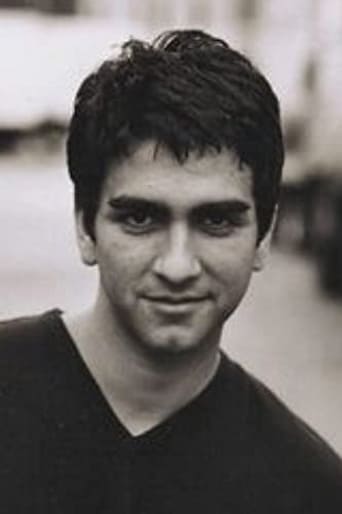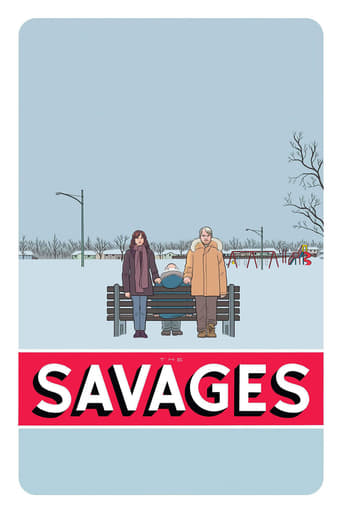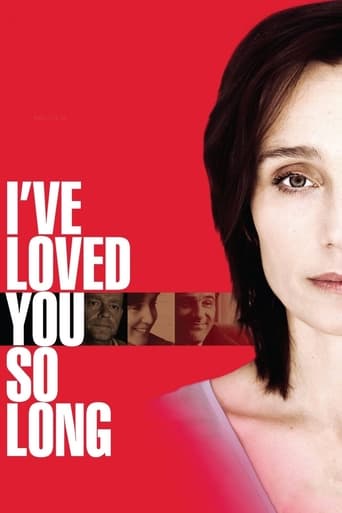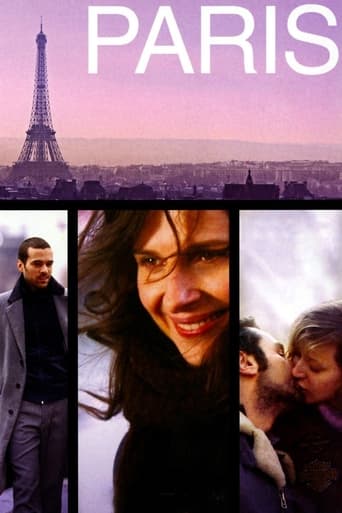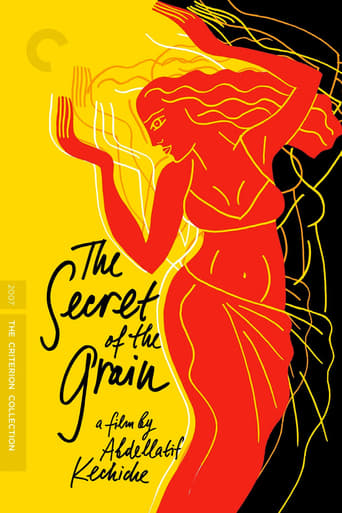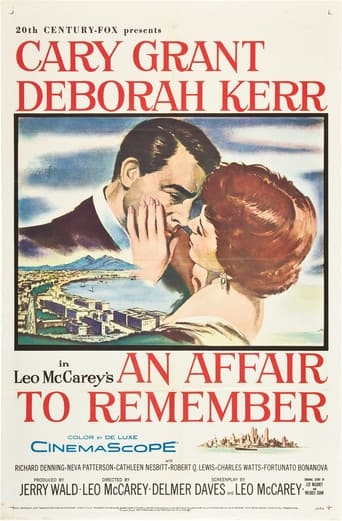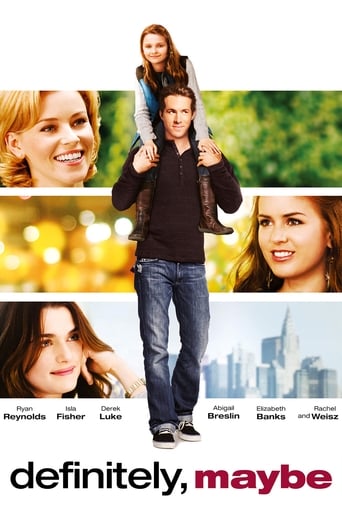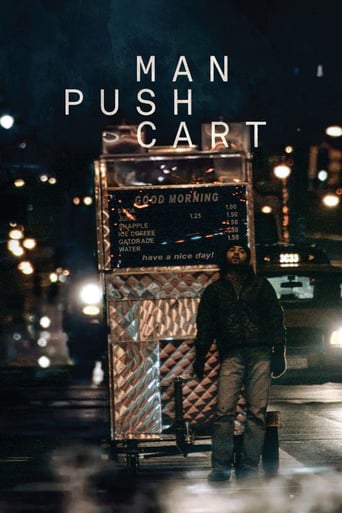
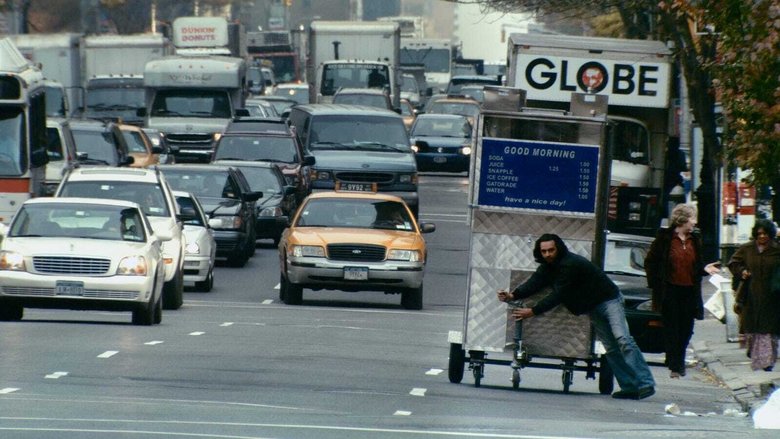
Man Push Cart (2006)
Every night while the city sleeps, Ahmad, a former Pakistani rock star turned immigrant, drags his heavy cart along the streets of New York. And every morning, he sells coffee and donuts to a city he cannot call his own. One day, however, the pattern of this harsh existence is broken by a glimmer of hope for a better life.
Watch Trailer
Cast
Similar titles
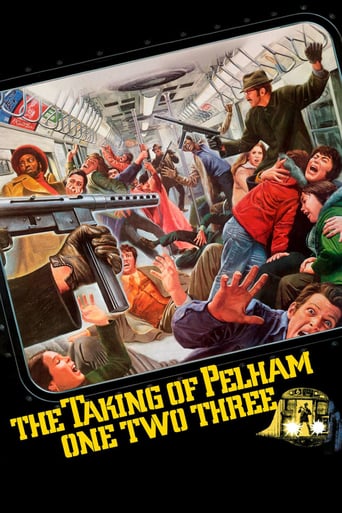
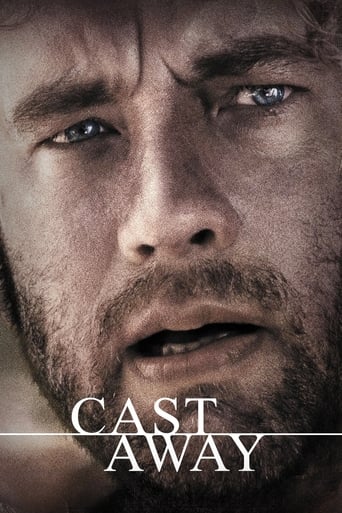
Reviews
Truly the worst movie I've ever seen in a theater
best movie i've ever seen.
A movie that not only functions as a solid scarefest but a razor-sharp satire.
There's no way I can possibly love it entirely but I just think its ridiculously bad, but enjoyable at the same time.
"Man Push Cart" is an extraordinary film by two Half-Americans- One born in that other Iran (Winston-Salem) is the Director Ramin Bahrani (his feature film debut) and the other, is the Film's Producer and the Lead Actor, Ahmed Rizvi who was born in Pakistan. The joint-venture embodies the very soul of Italian Neo-realism, free of contrived melodrama and phoney suspense, it ennobles the hard work by which its hero earns his daily bread. He owns a stainless steel bagel wagon, which he pushes through the lonely Pre-dawn streets. He sells bagels and sweet rolls and juice and coffee and many customers call him by his first name although they would never think to ask his last one.A modern-day Sisyphus, Ahmad (Ahmad Razvi) finds himself condemned by tragedy to spend his days and nights alone pulling his coffee and Donut cart through New York City's bustling streets, his load a symbol of his inescapable sorrow. Writer-director Ramin Bahrani's film debut follows its forlorn protagonist—a former Rock Star known in his native Pakistan as "the Bono of Lahore"—through his gruelling dawn- to-dusk routine of lugging his stand and propane tank to and from his proscribed city corner, stacking muffins and prepping paper cups with teabags, trying to sell bootleg porn DVDs in his free time, and occasionally venturing out to nightclubs with his Westernized Pakistani friends.Like that daily grind, his story of salvation sought and never attained is one of listless, bloodless tedium. Bahrani's portrait of existential urban malaise posits a world in which Ahmad's interpersonal interactions lead merely to further humiliation and misery, whether it be his Sociology or economically tense dealings with a Pakistani businessman (Charles Daniel Sandoval), his communication with the accusatory mother-in-law who won't let him see his son, or his awkward relationship with Spanish newsstand vendor Noemi (Leticia Dolera) to whom he's incapable of expressing his tentative romantic feelings. Its fatalism heightened by its moody depiction of midtown Manhattan as a place of cheerless nocturnal shadows and condescending daylight faces, the film occasionally alleviates its pessimism with brief moments of tenderness, such as Ahmad's care for the tiny kitten that serves as a surrogate for his real offspring.Downside: Shot in tight, intimate close-ups, the attending visuals often mirror the oppressive constructiveness of both Ahmad's cart confines and his weighty grief. Yet Man Push Cart's physical cinematographic proximity never elicits the empathy it intends, as its cold, omniscient perspective increasingly becomes akin to that of a scientist clinically watching a rat futilely search for a bite of cheese at the end of a maze. And finally, the filmmaker's laboured attempts to avoid trafficking in hope have the deleterious effect of casting nearly every scene as a disingenuous, pedantic example of the cosmos's callous cruelty.
To me, this film represents a new variety of the bad movies. So the 3 stars I give it are mostly for inventing a new genre. There are many bad movies out there but not similar to this one.From the very beginning, I could not understand if I was watching a documentary or a movie. For a documentary, it was lacking a voice-over. Plus, the supporting characters' behavior/motivation looked a bit too scripted/contrived. For a real movie, it lacked the plot and the dialog. For a real movie that is just so out there that it does not need either a plot or a dialog, it lacked that spark of life and originality that captures your imagination and keeps you glued to the screen until the end (and then you want more).We meet a Pakistani immigrant who used to be a popular singer in Lahore and who is now reduced to doing menial work in NYC in the name of, I suppose, the great American Dream. I say "I suppose" because we never find out exactly how he got here and what he wants in life (besides seeing his son). The House of Sand and Fog, Before Night Falls, Mississippi Masala, heck, even The Kite Runner did it before and did it better (and that list is not exhaustive).There are some good technical things about the movie. The monotony of his existence is represented very well by showing how he gets the cart ready every morning by lining up cups, taking out bagels, etc. Exactly the same sequence is shown twice - at the beginning of the movie (in his own cart) and at the end (in the friend's cart). But what happened in between does not qualify as full feature film. A technically excellent film school project, but very weak if reviewed otherwise.
Man Push Cart opens with almost ten minutes of visual sequence without dialogue. Perhaps the remaining 80 minutes of film would have been better if they followed suit.Filmmaker Ramin Bahrani's story of a Pakistani immigrant who spends his days in New York City selling coffee and pastries from a sidewalk cart starts off with what seems to be a promising look at the life of one of those individuals the rest of the city takes for granted. Operating in relative silence for several scenes, the film casts a documentary-like eye on the routine minutiae that fills protagonist Ahmad's (Ahmad Razvi) life as a street vendor. Immediately, the repetition of similarly structured morning scenes allows the viewer understands the tedium Ahmad faces early each day as he prepares his cart for his customers, with whom he makes the typically asinine small talk that amounts to the only form of human interaction he has on a regular basis.As painful as these forced encounters are to watch on screen, the dialogue that occurs later within Ahmad's "real" interactions proves brutal to the audience's filmic, rather than emotional, sensibilities. As for the film's narrative, poorly written dialogue paired with poorly performed discourses leads to what could arguably be termed the cinematic crash of Bahrani's metaphorical push cart.With two previous filmsBackgammon (1998) and Strangers (2000)under his writer/director belt, Bahrani should realize by now that a compelling idea does not automatically translate into a compelling film. Unnatural dialogue has a way of undermining even the most promising character's potential. So do unbelievable events.Man Push Cart begins its long decline when Ahmad strikes up an unusual friendship with new customer and fellow displaced Pakistani Mohammed (Charles Daniel Sandoval). Presumably out of a sense of cultural hospitality, the financially well-off Mohammed offers Ahmad a night job as his personal maintenance man before recognizing Ahmad as a former Pakistani rock star and pop icon. Naturally, Mohammed is curious as to why one of his teenage Pakistani idols now works as a street vendor in Americajust like the audience. Apparently Ahmad offers a suitable answer to this query during an off-screen chat over a few beers, but the audience is left to ponder the reasons for Ahmad's strange displacement indefinitely.Bahrani's poorly structured narrative consistently alludes to the contrast between Ahmad's former life and his present condition without ever explaining what exactly happened to drive him from fame to a push cart. Ever vague, the film suggests that Ahmad's transformation from artist to vendor had something to do with his wife, who is now mysteriously deceased. This question, too, rests heavily over much of the film, particularly as Ahmad ponders over his feelings for a fellow street vendor, Noemi (Leticia Dolera). However, the most nagging uncertainty that runs throughout the second half of Man Push Cart is why a successful and well-connected businessman like Mohammed would want to steal Noemi from Ahmad, when he clearly has the power to pick up many a city socialite.Such an improbable set of circumstances may be forgivable in a narrative that ultimately delivers on its intended purpose, but Man Push Cart evolves into such a mess of far-fetched situations, affected narrative style, and unconvincing performances that the promising story of Ahmad-the-street-vendor gets lost in the muck of unrealistic love triangles and unanswered questions. Assuming that Bahrani was attempting to relate the tale of one man's struggle against a harsh and indifferent world, it is fair to say that his point would have been better made if he ended the film about ten minutes after he began.This review was first posted on www.cinemattraction.com
Reaching out with meaning far beyond its melancholy central story, this is an excellent film. It is, in simple terms, the tale of Ahmed, former rock star from Pakistan who finds himself, by way of domestic misfortune, pushing his coffee-and-donuts cart through the streets of NYC to make a living. Opportunities to escape his lonely lot come his way. Will he/won't he take them? But it's more than that: it's a story of the gulf between rich and poor; of the sensitive and the brutish; the pecking order of immigrants in the so-called Melting Pot; and of course the position in particular of Muslim immigrants post 9/11. In the end, Ahmed's cart becomes a symbol of the burdens that we give ourselves, that we don't know how to let go of, even when the chance comes to do so. It's beautifully photographed, superbly acted. A true independent.

